Inspiracles Interview: Peter Herrman
In today’s interview, we introduce you to the work of Peter Herrmann. He’s always on the move and thus lucky that he can find the most interesting abandoned locations. Peter caught our attention with his amazing Urbex photos. Check out what he has to say!
Please introduce yourself in a few sentences
I’m Peter, born 1966 in Saxony, not far from Dresden… since 1989 I have been living in NRW and working in Europe… I am a professional long-distance driver with all my heart and soul and besides this job, I take the time to photograph beautiful, abandoned, and special places.
When did you take your first photo and what was it?
My first attempts at photography were about 6 years ago. I thought to myself: “When I’m on the road so much, in so many different places, a camera can’t hurt…” – and got my first SLR as a birthday present. The first photo… geez, I can’t say exactly anymore, but these two definitely belong to the early days… Frankfurt Airport and Garzweiler2 open pit mine…
Where do you get your inspiration for new photos or photo projects?
Honestly, I’m not the type of person for long-planned photo projects and I admire all those who prepare something meticulously and have the time and patience to create their works of art. I’m more the spontaneous type, I grab the camera and for example, just go explore a still unknown city. Recently that happened in Berlin… there I find interesting architecture or a station that has been closed and that is when the inspiration awakens in me and I forget the time… The appetite comes while eating, they say, or the inspiration while photographing. I love these moments very much in this work, to focus only on the basics…
Another source of inspiration is pictures of other photographers who impress me and fascinate me.
How important is technology for you when it comes to photography?
For me, technology is very important. Both in the hardware and the software… that is, in post-processing. Everybody has their favorite brand that they swear by… for me, it’s Nikon in the hardware, at the beginning a small DLSR and now a full-frame model.
Lenses are just as important… but what is even more important, of course, is the person who has to get along with the technology. It’s a never-ending process to master everything and improve step by step.
Which of your images or series moves you? And why? Show us
The track photo is definitely one of the chosen ones. Why? First, because I love the place where I took it… the Highlands in Scotland… Second, it was a wonderful vacation with my wife and I can still remember the day, the (poor) weather, and my climbing action to get up on the tracks… And thirdly, I thought that it was a lost place (a disused line) and therefore I knelt comfortably until I heard the puffing and whistling of an approaching steam locomotive behind me and I quickly ran to escape the moving train.
Otherwise, I am always moved by photos that I have taken in abandoned places. I think that’s how many Urbexers feel… Thinking about who lived or worked here, what’s the story behind these walls. It is the past that I would like to present in my pictures – exciting, mysterious, and in the present moment.
Can you learn (photographic) creativity?
A clear “yes” to this question. You can train your brain, you can train your eye… you develop a certain routine to recognize and capture special moments or scenes. For this, of course, you should be very familiar with your camera to make the settings more or less subconsciously and thus fully focus your attention on the environment. So it was and still is in any case with me… And I manage all this through constant practice. You all know the wise phrase of Helmut Newton: “Your first 10000 photos are the worst.” What a great feeling for any photographer when technique and creativity start to harmonize.
My final note on this… listen to your gut and always be self-critical!
When someone asks you how he or she can take “better” pictures, what is your advice?
Photographic creativity and taking “better” pictures are obviously common concerns. I would like to start with self-criticism… when I pull my photos on the computer and then they have gone through various image editing programs, I usually look at them again in peace, even 1-2 days later, and look for “errors” that bother me. I would like my pictures to please others, but they should also please me in the future and if there is this one thing that I have not changed, it bothers me constantly. For me, this is a crucial point to improve.
Furthermore, it can’t hurt to get professional help in the beginning. My tip is VHS courses… they are financially affordable and provide good basic knowledge, especially when it comes to getting to know your camera better. To delve deeper into the subject matter later, online photo courses often help. For me, it was two VHS courses at the beginning and everything else I taught myself. Each one as they want.
“You have a great camera! Will you bring it to our wedding?” Your answer?
Sorry, but not my specialty.
Since you are specializing in Urbex photography will you share some insights on that topic with us…
How did you become an “Urbex-Explorer”?
A good friend came to me and said… come let’s explore the old paper factory in Neuss harbor. Well, sooner said than done… the factory has long since been torn down and is history, but the fun of photographing abandoned places has remained.
How do you prepare for your city explorations? Do you do research beforehand?
City explorations and urbexing or Lost places photographing are different things for me. For the first, I don’t prepare much, instead, I spontaneously jump into the action. For urbexing, I do some research beforehand… Where do I want to go, how do I get there, what are the local conditions, are there any reports from other urbexers? Google maps and Google Earth are indispensable for the research.
What do you need for Urbex photography? Do you need any special equipment if you want to take Urbex photos? Are there any tips for beginners?
For Urbex photography you definitely need a tripod. You often roam dark rooms or even darker bunkers and basements. A flashlight or headlamp is helpful and whoever wants it, additional light to illuminate these dark rooms.
I always carry two lenses…one wide-angle and one zoom.
Sturdy shoes, preferably work shoes with steel toecaps and non-slip soles… it is not without danger to walk across rotten wooden floors, climb in demolition halls or explore castles that have been abandoned for many years.
You should always travel in pairs!!!
Everyone should be aware that they enter most locations illegally and in the case of being caught, a charge of trespassing can occur. There are also legal lost places that can be visited. Maybe as a beginner try it first to find out if it suits you. Maybe you will find out that floral photography is something for you. Who knows?
How to find abandoned places?
Good question… driving through your city or countryside with your eyes open. There’s more than meets the eye. How many times have I driven through Germany or Belgium or France and discovered an old, run-down factory or a lonely and completely overgrown villa… that’s when the Urbexer heart starts beating hard 🙂
The longer you are in the “business”, everyone will build up a network and learn about even more beautiful, older, mysterious abandoned places… it’s easy!
One Word – One Thought
Social Media – Blessing and curse
Megapixel – Overrated
Inspiration – Driving force
HDR – Great technique
Photoshop – A study journey
Analog – Nostalgia
Thank you!
Thank you for your time and the interview
*All photos by Peter Herrmann

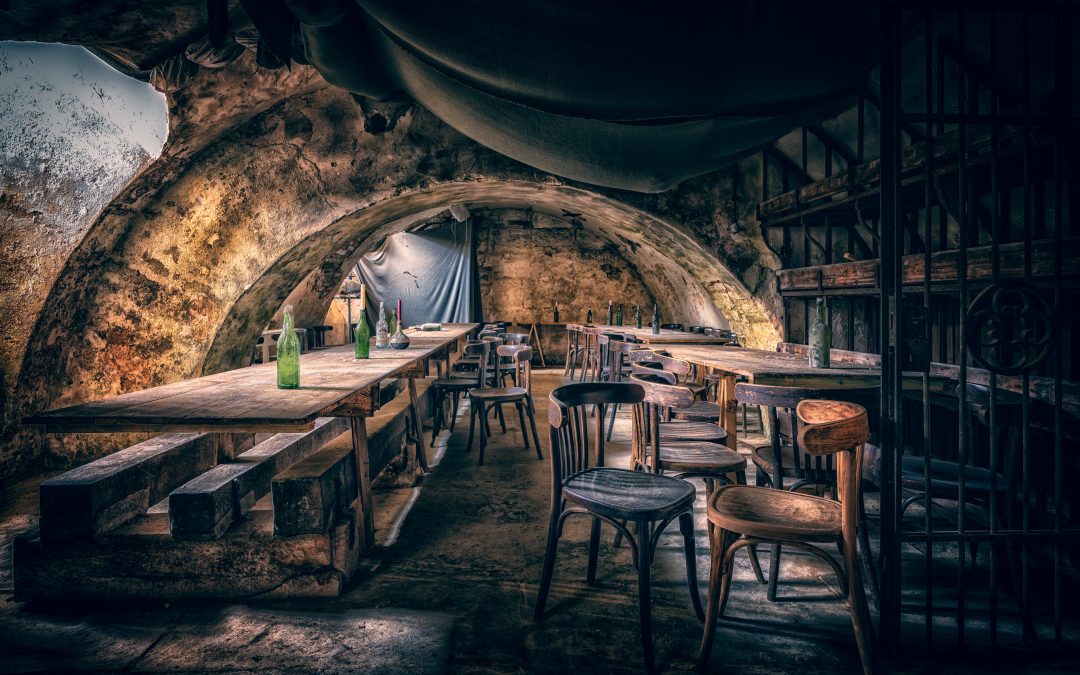
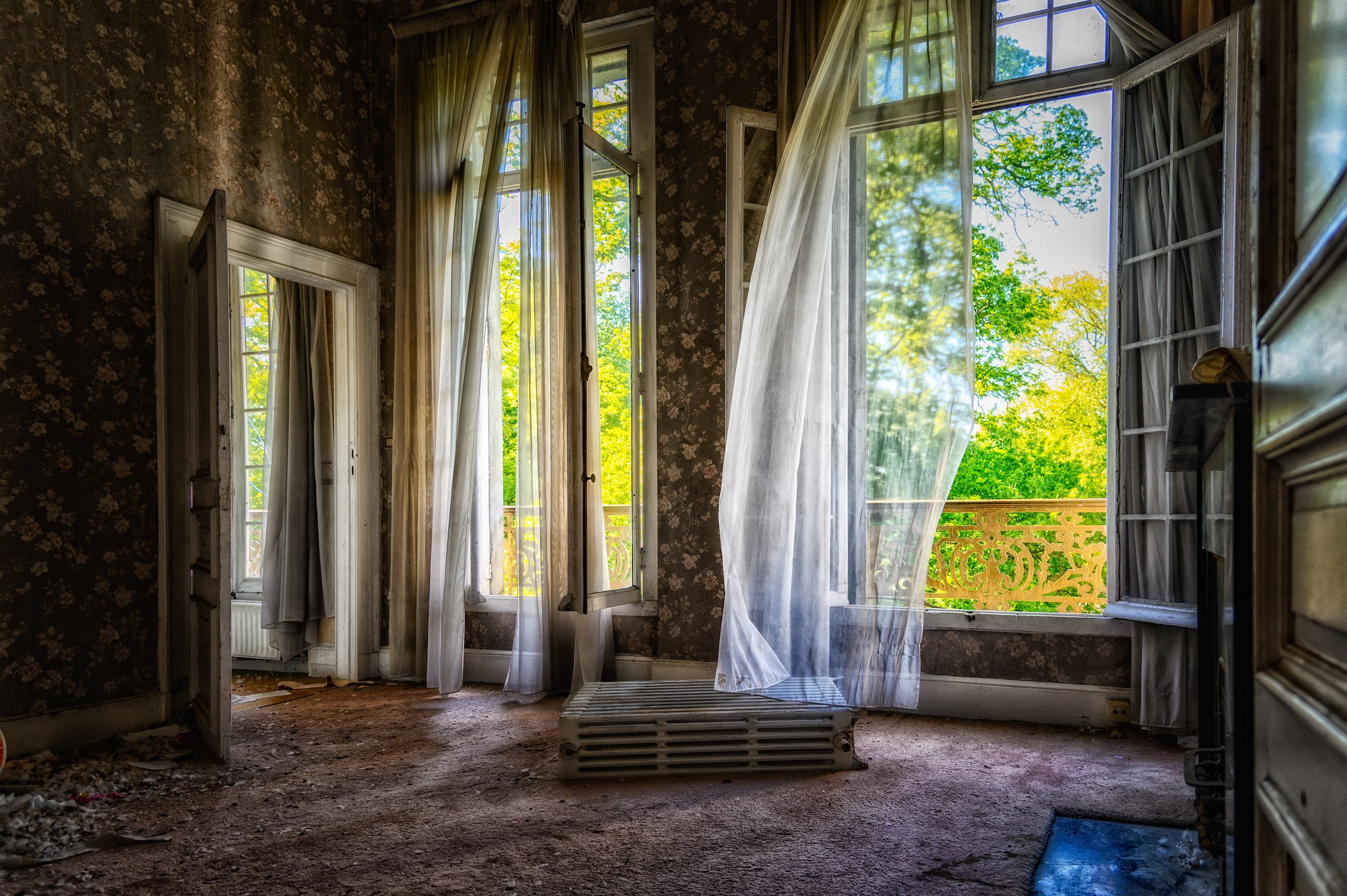
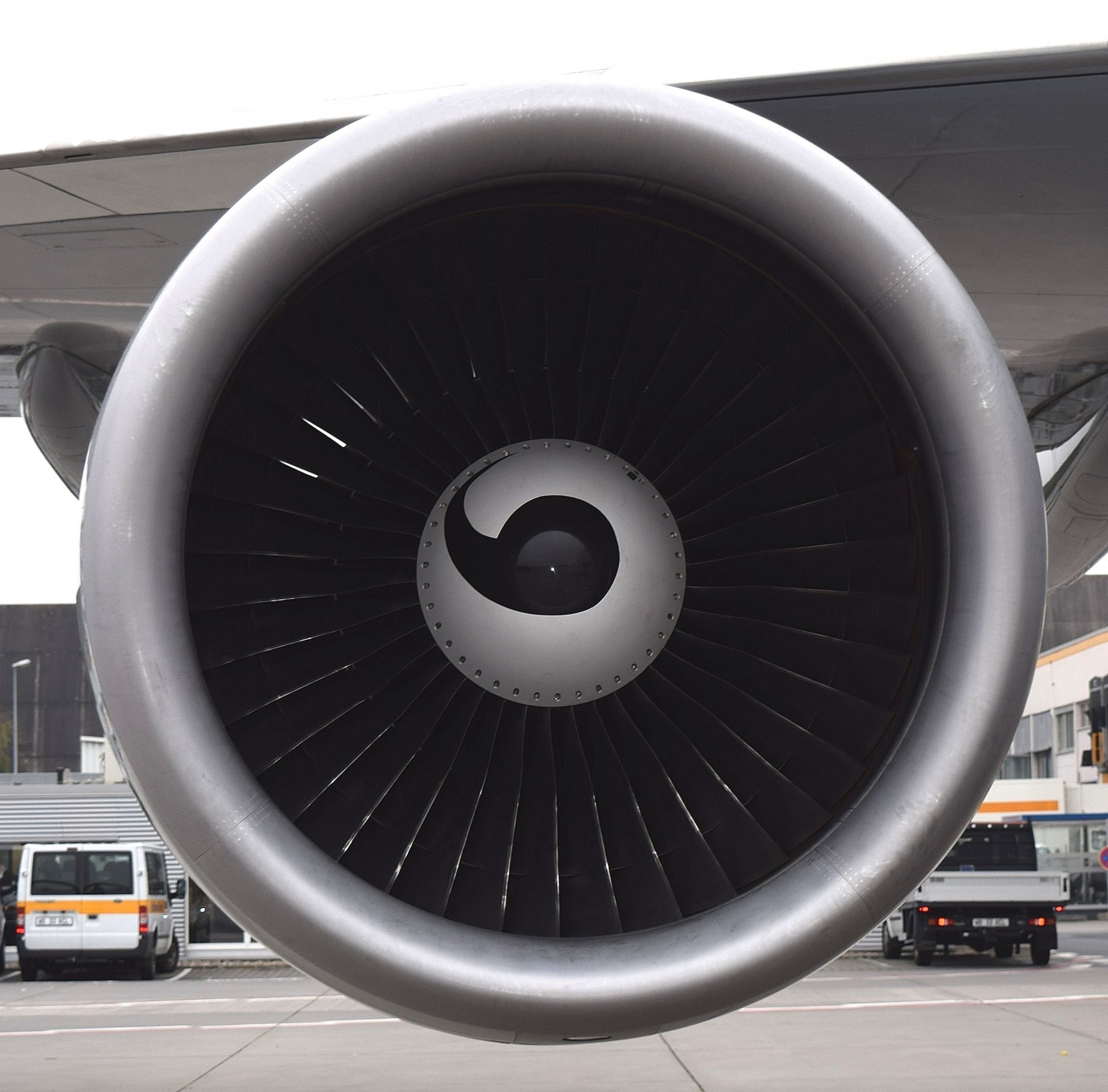
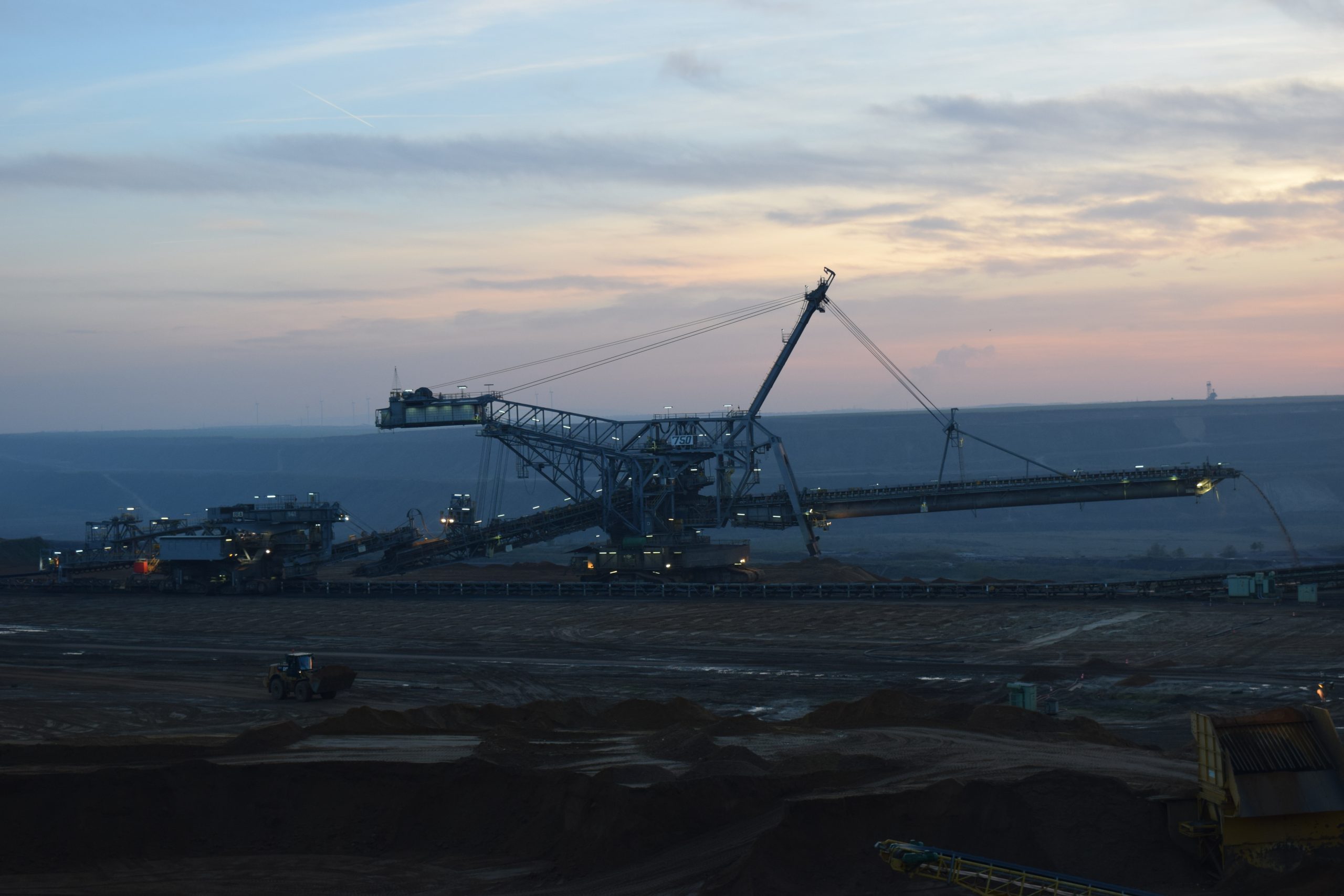
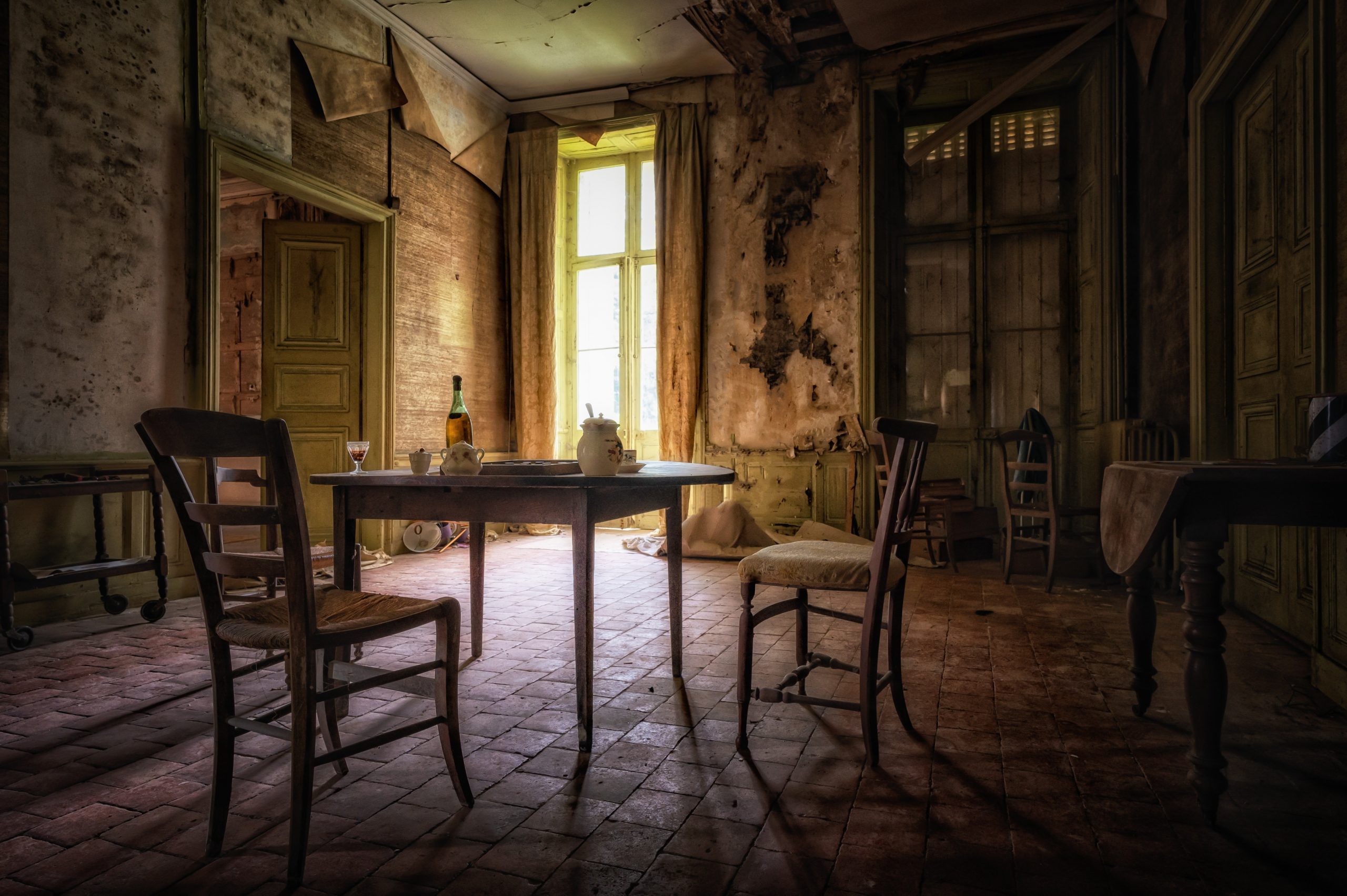
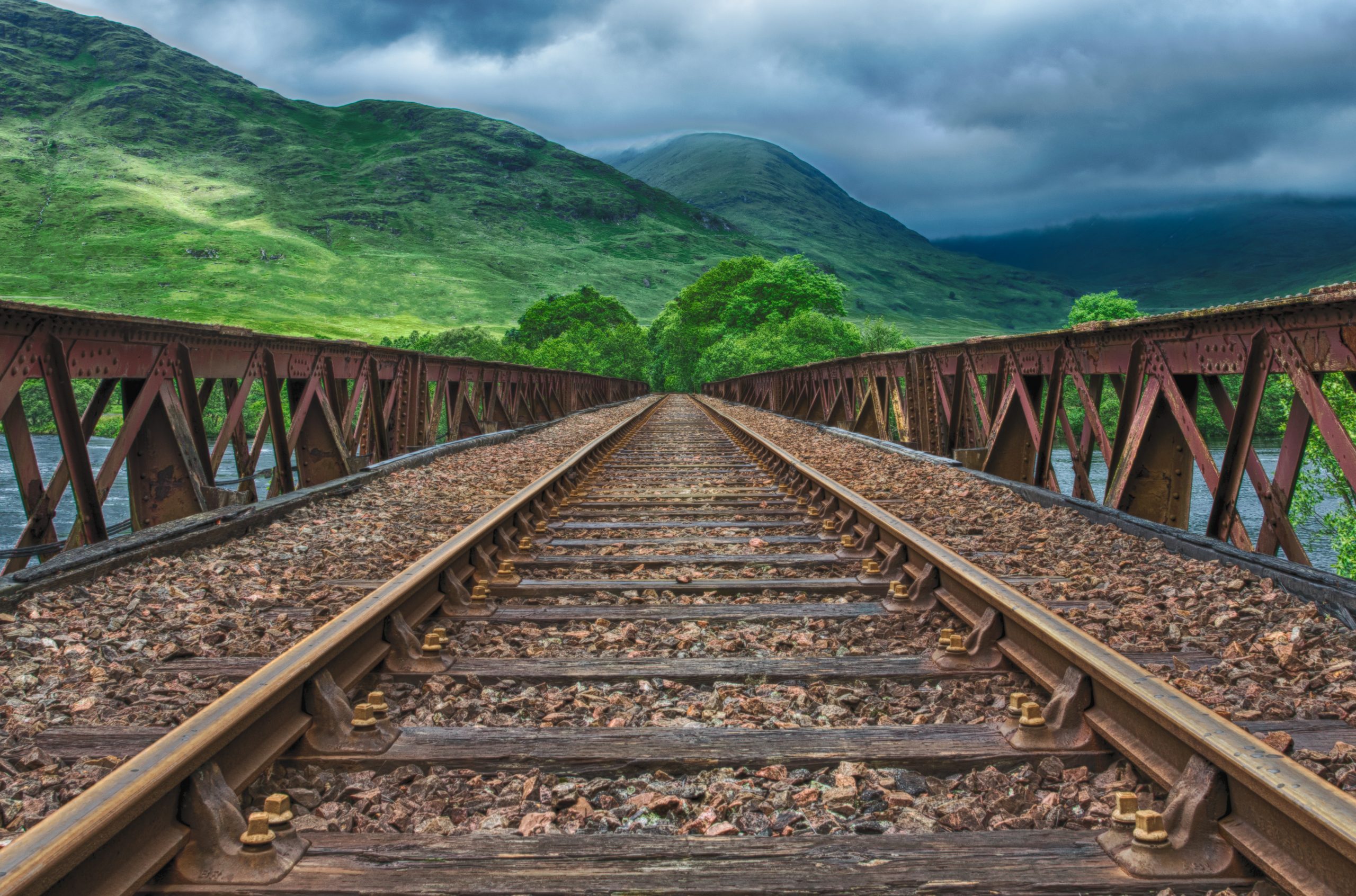
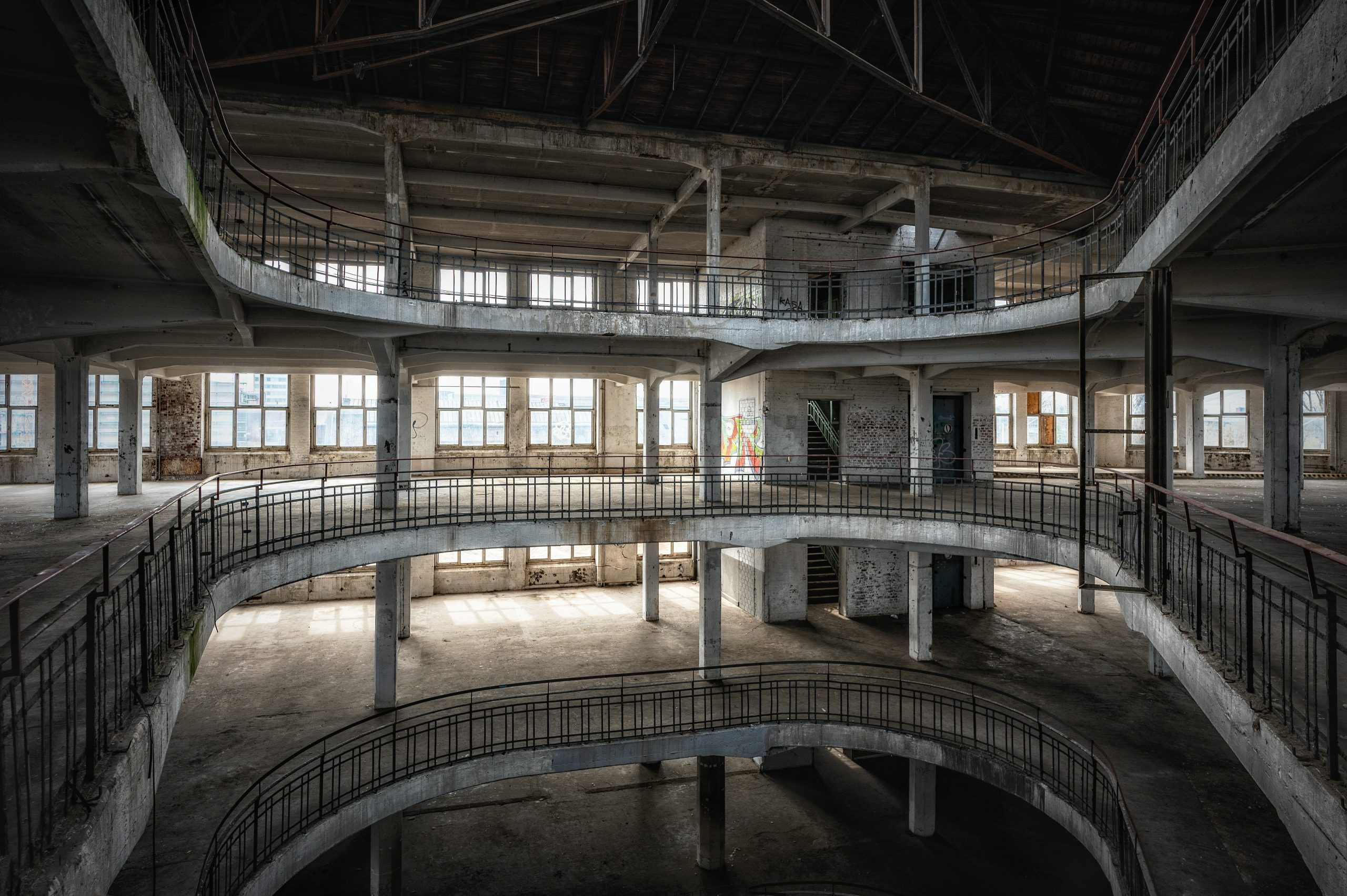
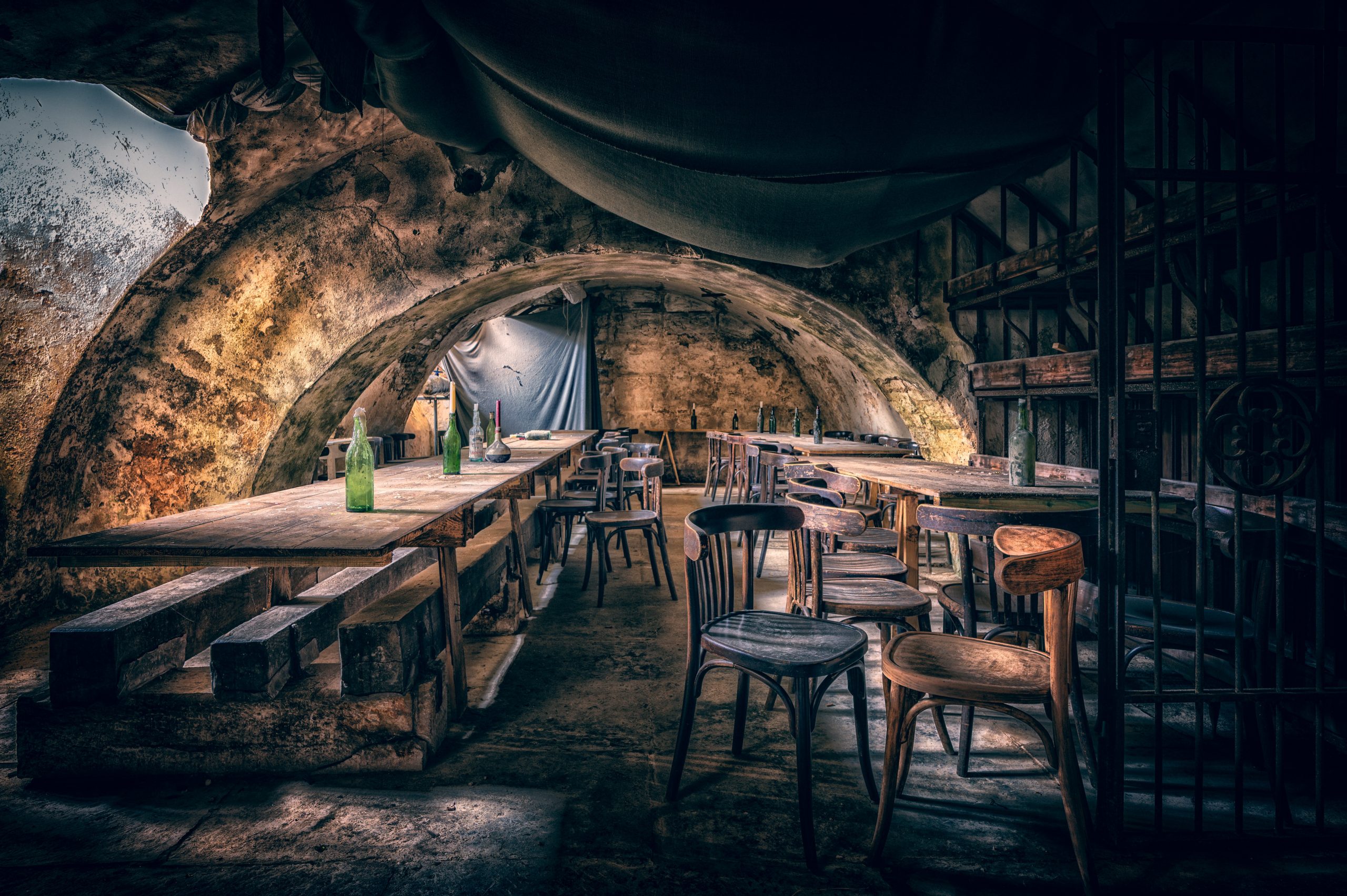
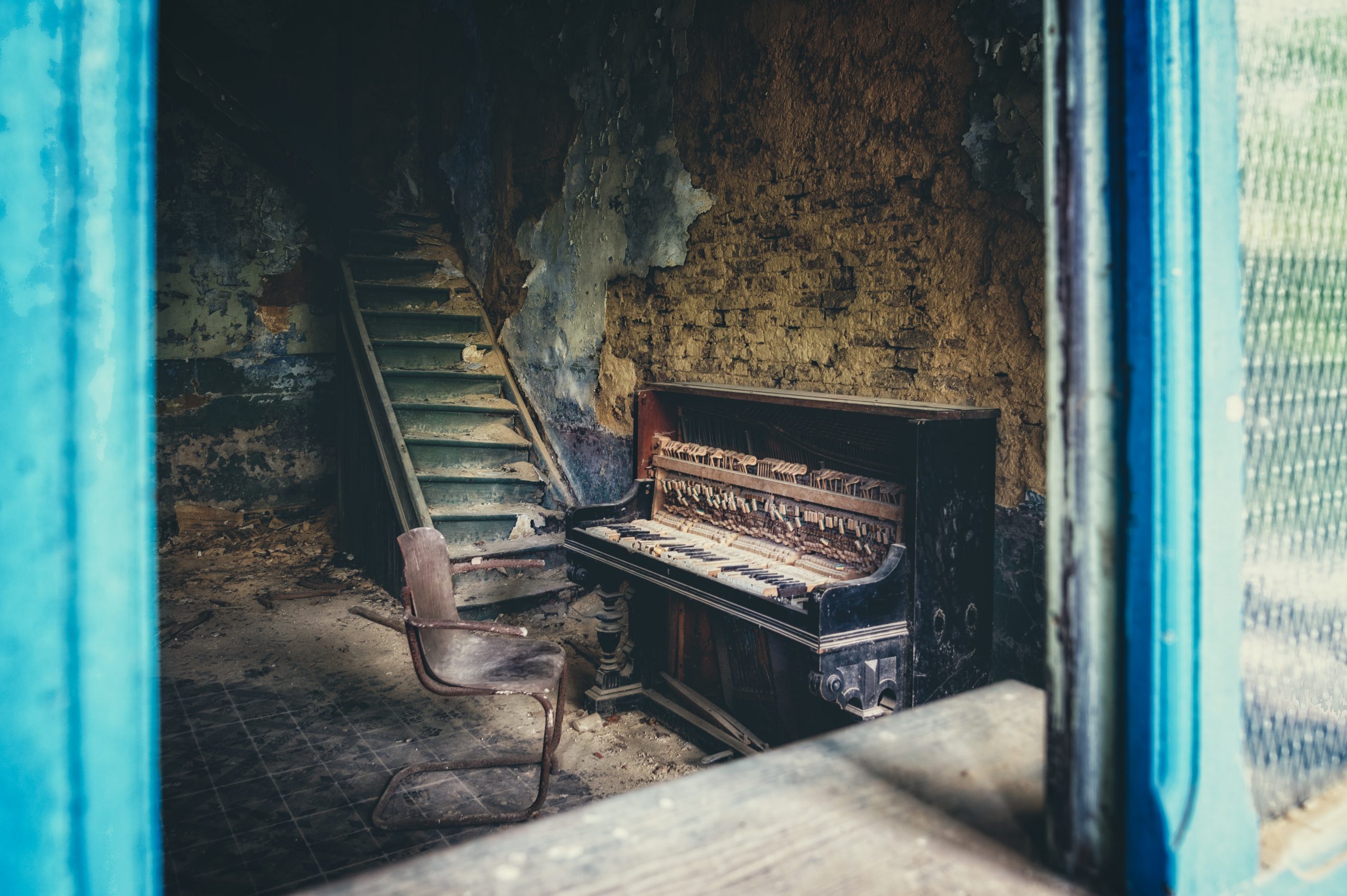
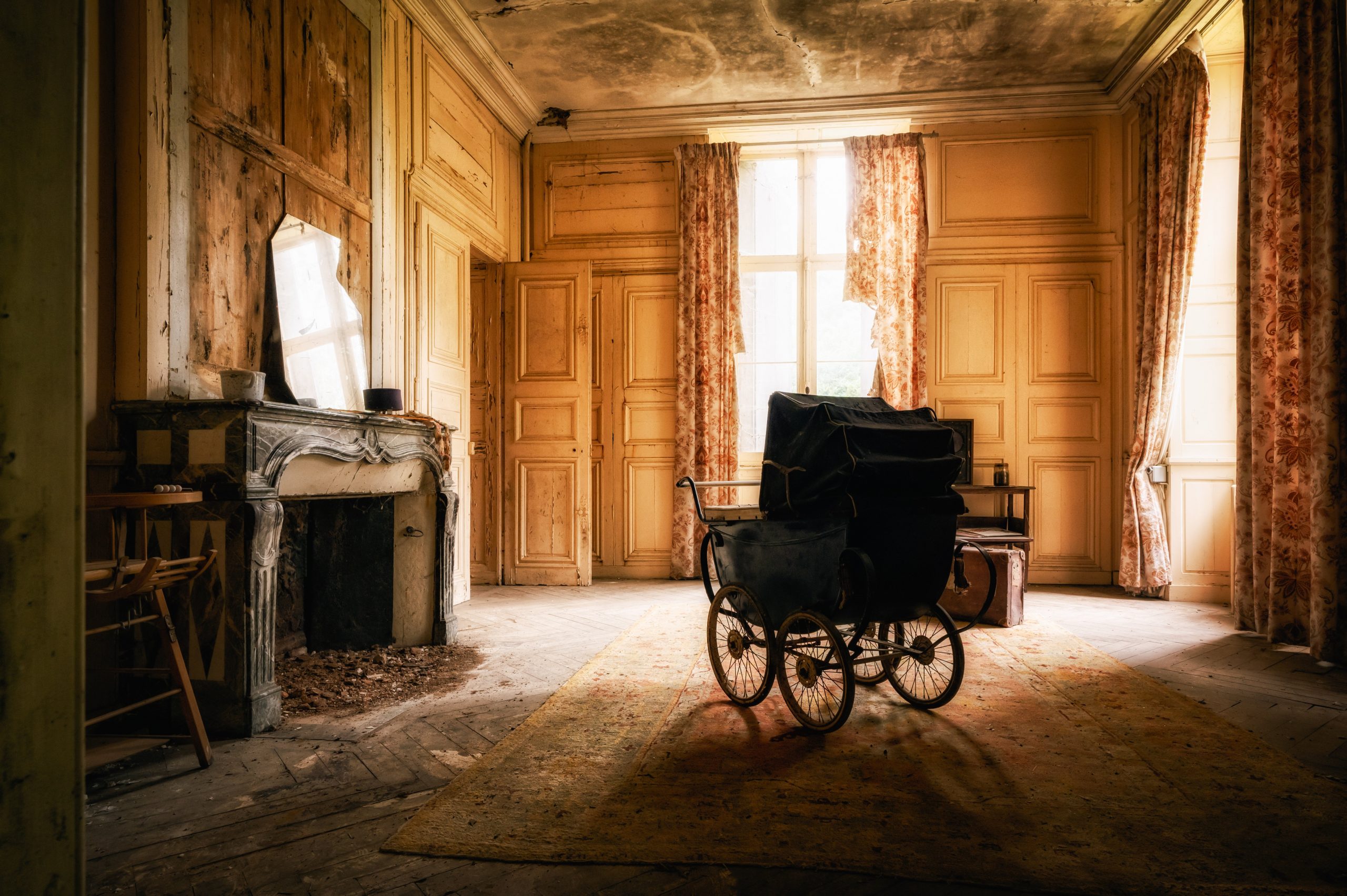
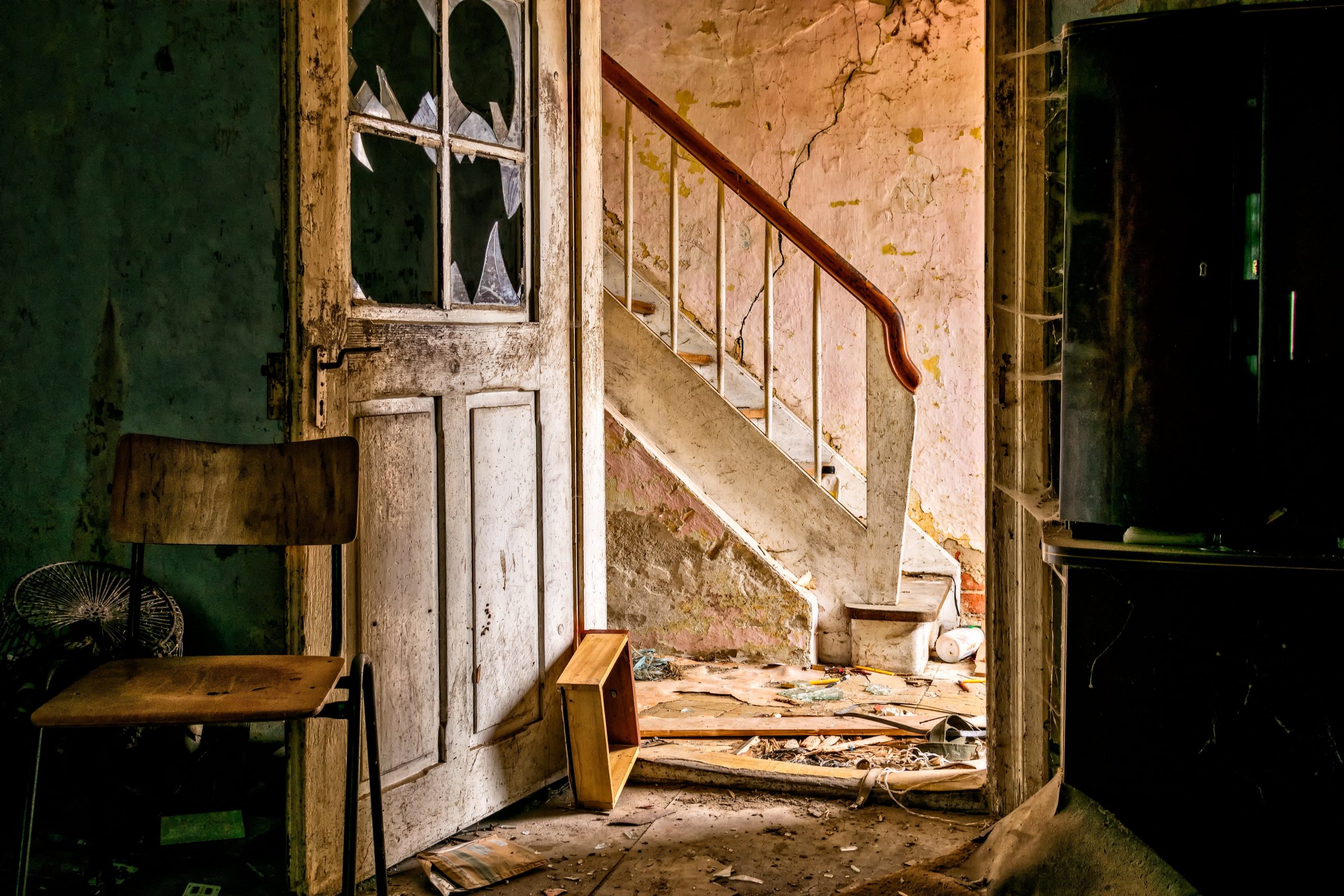
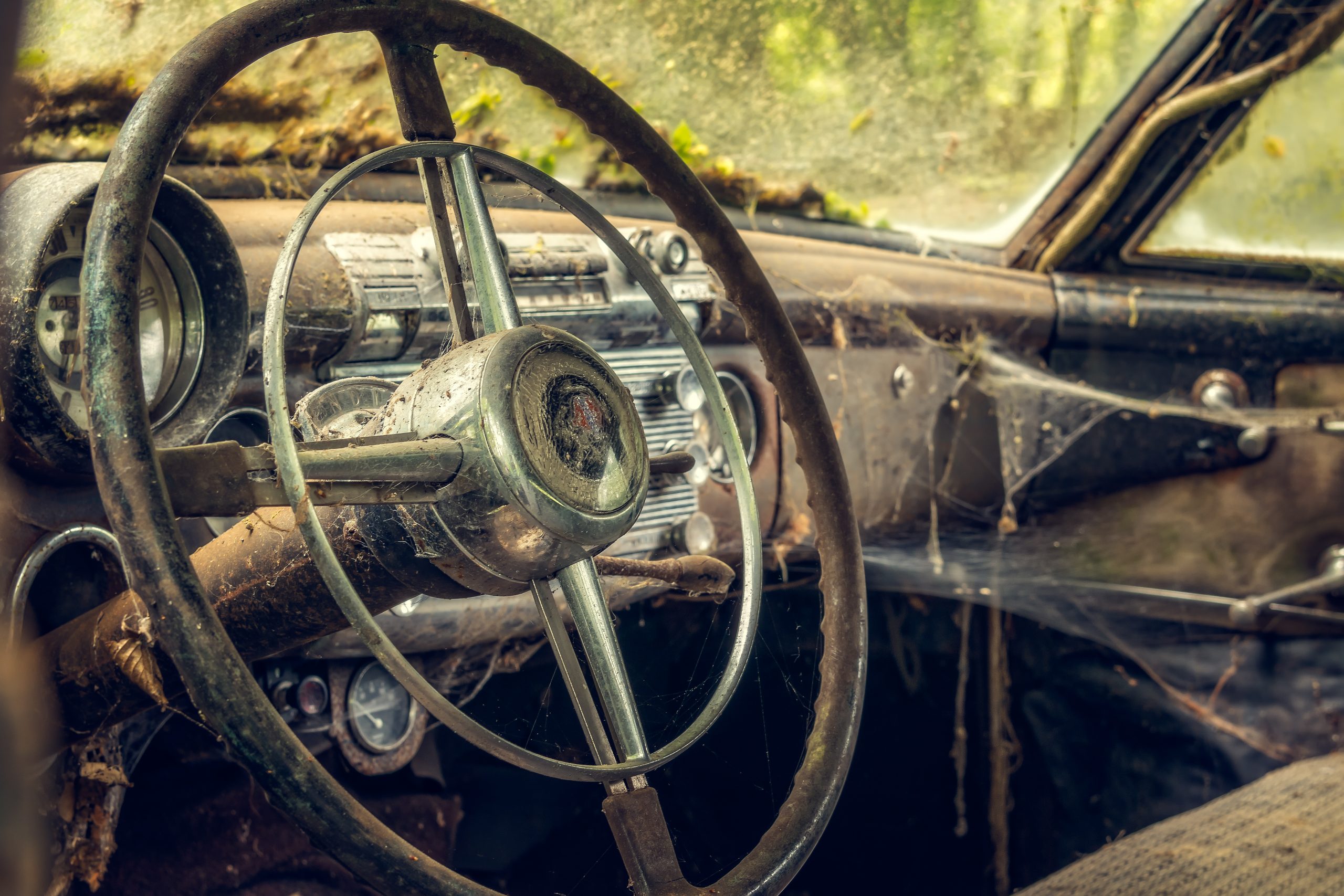
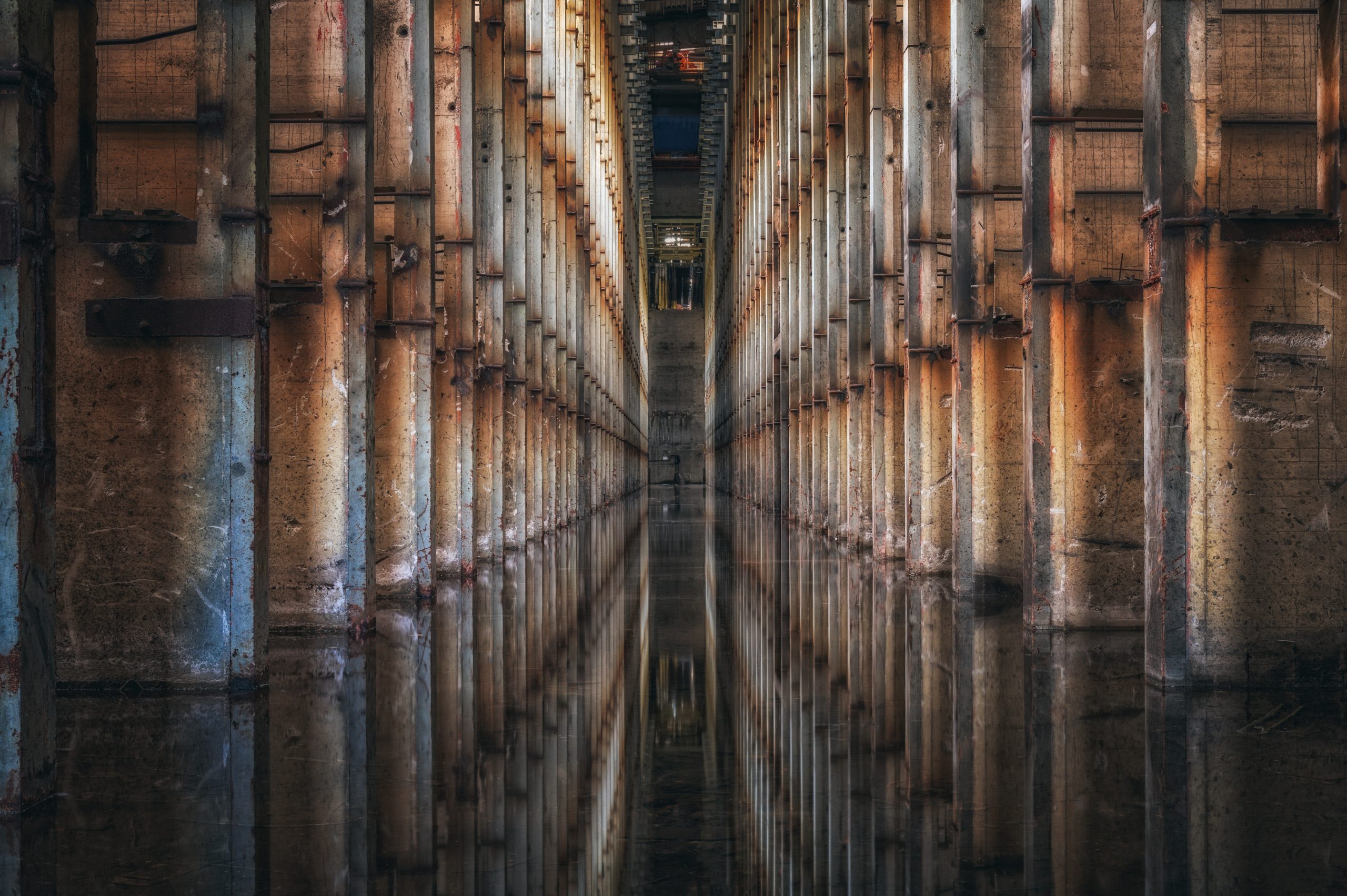



Recent Comments